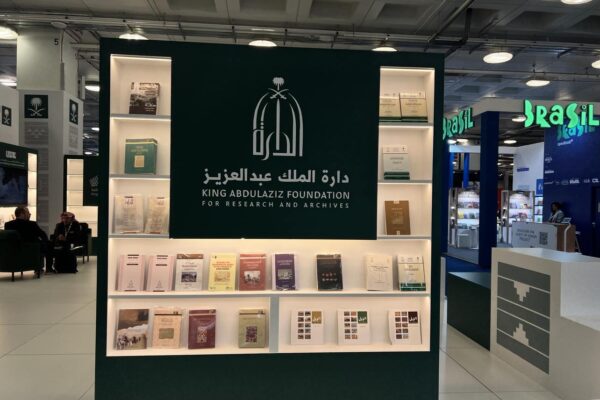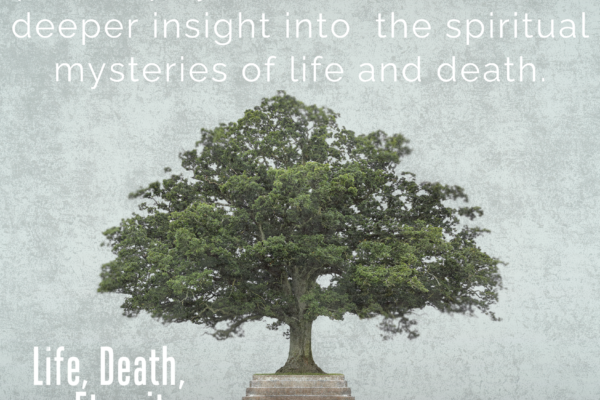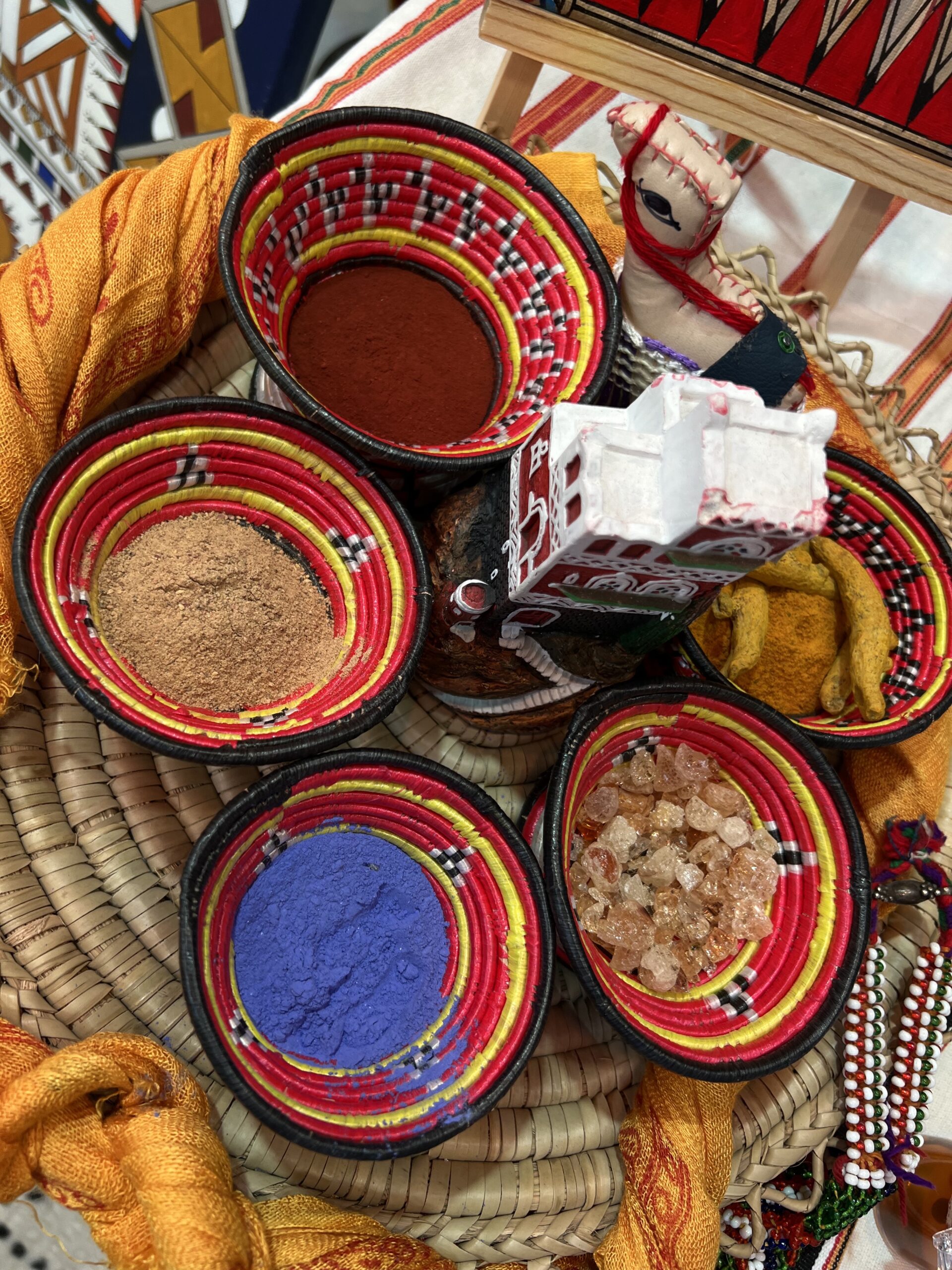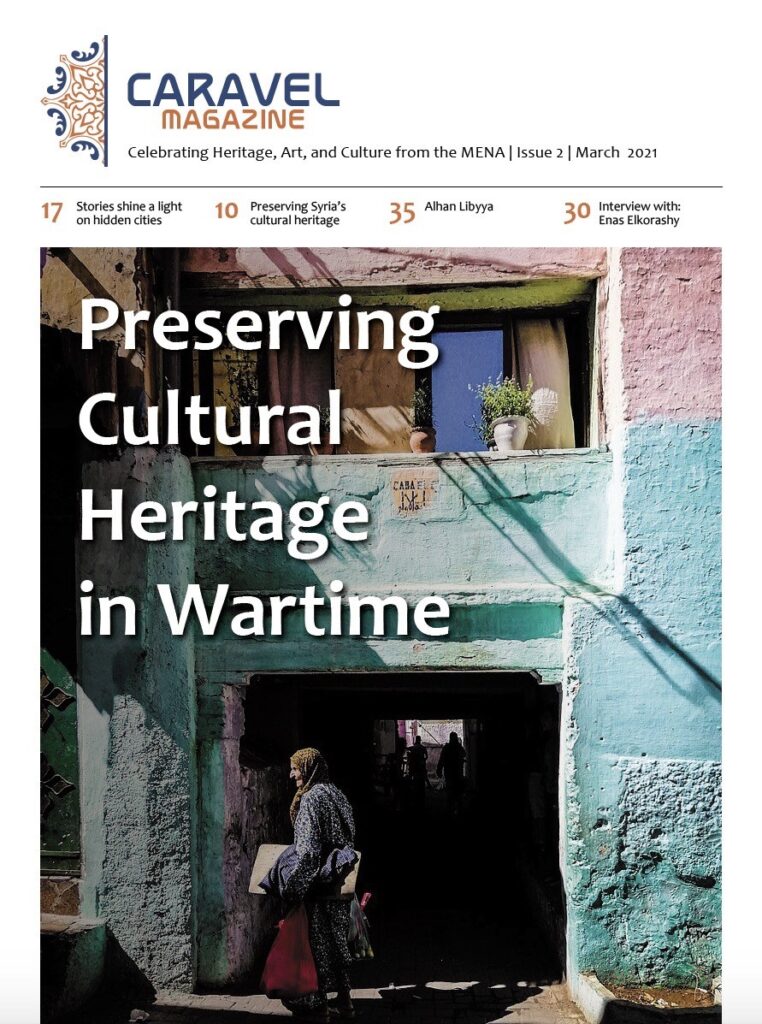By Angham A. Abdullah
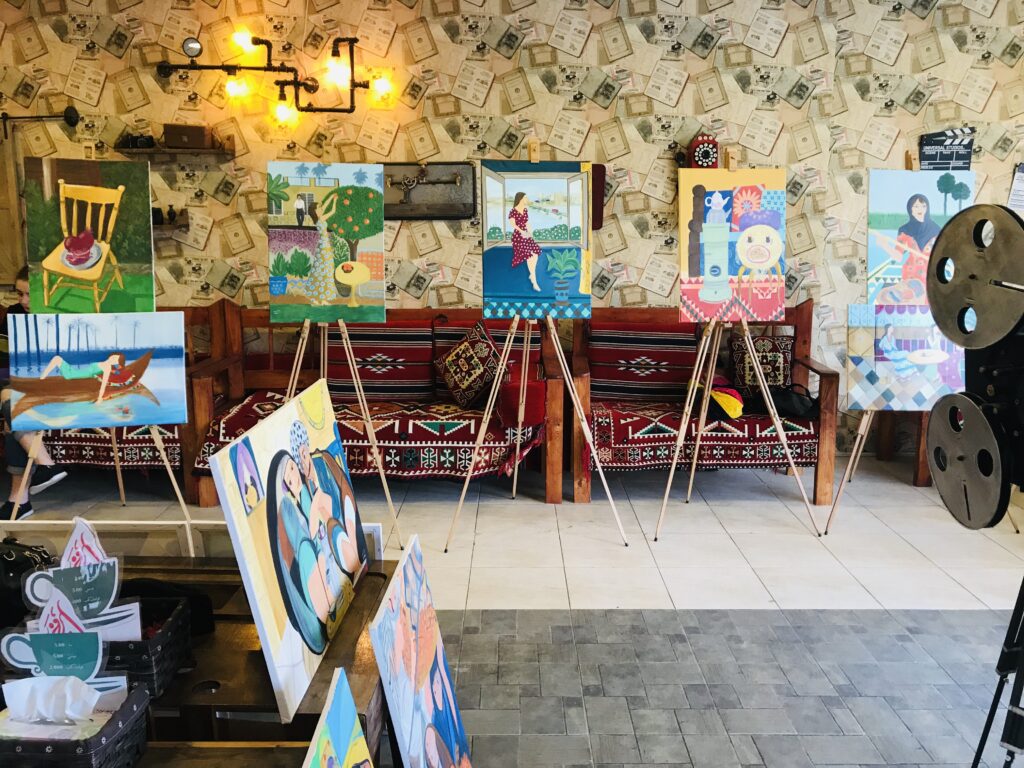
From the ashes of tragedy an Iraq rises guarded by millions of lovers, an Iraq with liquid black eyes whose lips are dates, a river of ebony flows down the back to the waist (qtd. in Mehta)
I have chosen these lines as they summarize what Iraqi women writers of war have represented in their novels on war. These lines are from the anthology Standing on al Daghara Bridge by Iraqi poet Yaʿqub Jawad (1950-2002). In his poem, Jawad envisages an Iraq that survives and rises again and again despite the hardships.
The Iraqi women’s war texts of the three periods of wars document a long history of dictatorship, wars, sanctions, and occupation referred to in the metaphor of “the ashes of tragedy.” In these texts, the trauma of war is not specific to the men who fight at the war front but is depicted in terms of the women at the home front. The women who survive wars in the texts suffer in many different ways. They are widows of dead fighters, wives of traumatized soldiers, bereaved mothers, single women who lost their beloved in wars, exiled women watching the destruction of Iraq from exile and lonely women targeted by unknown militias. However, the tragedies of war do not shatter these women who “rise” and have as Iraq in the lines above “liquid black eyes.” The liquid here may signify both the tears of women and reference the beauty of their eyes.
Contemporary Iraqi women’s war fiction engages with the wars, sanctions, and occupation. This fiction defies the ideology of the government of Saddam Husayn, which propagated war during the 1980s and the 1990s, and resists the violence which took place during and after the occupation of Iraq in 2003. The challenges faced by the women writers under the censorship of Saddam Husayn’s government during the first two periods of the 1980s and the 1990s did not stop women writers from their peaceful struggle to undermine the very notion of war and to expose its human cost. Some of these writers left Iraq and wrote from their exile. Others stayed in the country and went into, what Salam ʿAbud describes as, “inner exile,” where they wrote silently and published their work after the fall of the regime. In 2003 writers confronted the complexities of the political atmosphere of the post-invasion period which pushed most of them out of Iraq.
At a critical stage in the history of Iraq, these works can play a significant role not only in recording the cruelty of the present but also in documenting the effect of this violence on women. Despite their realization that narration cannot mend historical memory, the writers are driven by a feminist impulse and love for their nation to change the current situation. Chamberlayne argues that “To understand oneself and others we need to understand our own histories and how we have come to what we are. We make our own history but not under conditions of our own choosing.” The writers revisited history in an attempt to understand the intricacies of the present in a way that would help them create a change.
However, in the current situation in Ira, such change cannot take place unless sectarian conflicts end. The end of chaos will mark the beginning of a struggle to reconstruct Iraq’s future in which writers can take part through reimagining the structure of society. This means that war writing by Iraqi women writers of the 1980s, 1990s and 2003 provides a bigger picture not only of how the war was thought about, experienced and understood but also about the possibilities of rebuilding. Their works are important as a testimony to the Iraqi political and social climate of the twenty-first century.
Through their representation of the historical reality of the Iraqi experience of the trauma of war, women novelists add an essential voice to the Iraqi contemporary narrative of war. The survival of the women in isolation from men and their perseverance has shown the feminist discourse of the texts. Contemporary Iraqi women’s fiction of war embodies women’s artistic responses to that context and offers the testimonial accounts of history from the home front by women. It suggests that gender roles are challenged and resisted and does so from a female perspective. This perspective requires a much greater presence in public discourse.
Angham A. Abdullah
Researcher in Iraqi Women’s War Fiction, Cardiff University, UK

